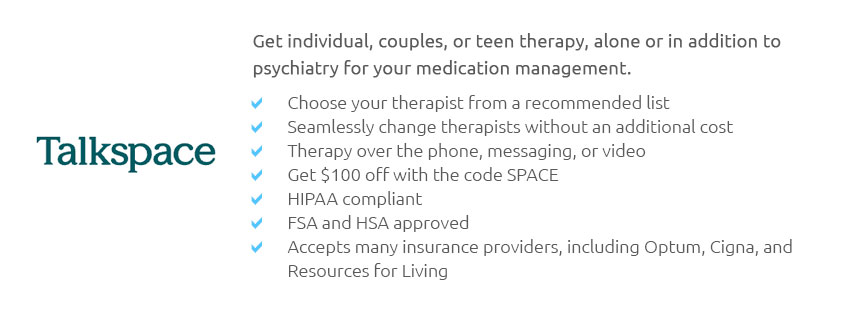 |
 |
 |
|---|
 |
 |
|---|
 |
|
|---|---|
 |
 |
 |
 |
 |
 |
 |
 |
 |
 |
 |
 |
 |
 |
 |
 |
|---|
Therapy for Mental Illness: Understanding Options and ConsiderationsMental illness affects millions of people worldwide, and therapy is a critical component in managing mental health conditions. Understanding the various therapeutic approaches can empower individuals to make informed choices about their treatment. Types of TherapyCognitive Behavioral Therapy (CBT)CBT is a structured, goal-oriented therapy that focuses on identifying and changing negative thought patterns. It is effective for depression, anxiety, and other disorders. Dialectical Behavior Therapy (DBT)Originally developed for borderline personality disorder, DBT combines cognitive-behavioral techniques with mindfulness practices. It emphasizes emotional regulation and interpersonal effectiveness. Psychodynamic TherapyThis therapy delves into unconscious processes and past experiences to understand current behavior. It can be particularly helpful for those interested in self-exploration. Choosing a TherapistWhen selecting a therapist, consider their qualifications, experience, and compatibility with your needs. It's important to feel comfortable and supported in therapy.
Benefits of TherapyTherapy offers numerous benefits, including improved mental health, better coping strategies, and enhanced self-awareness. It provides a safe space to explore thoughts and feelings.
Online vs. In-Person TherapyBoth online and in-person therapy have their advantages. Online therapy offers convenience and accessibility, while in-person sessions may be more suitable for those who prefer face-to-face interaction. If you're near New York, consider checking with a therapist port jefferson for in-person therapy options. FAQWhat should I expect in my first therapy session?The first session typically involves discussing your background, current issues, and goals for therapy. It's an opportunity for you to get to know the therapist and determine if they're a good fit for you. How long does therapy usually last?The duration of therapy varies depending on individual needs and goals. Some may find relief in a few sessions, while others may benefit from long-term therapy. Can therapy be effective for severe mental illness?Yes, therapy can be an essential part of treatment for severe mental illnesses. It is often used in conjunction with medication and other treatments. https://mhanational.org/mental-health-treatments
Psychotherapy is the therapeutic treatment of mental illness provided by a trained mental health professional. Psychotherapy explores thoughts, feelings, and ... https://www.mayoclinic.org/diseases-conditions/mental-illness/diagnosis-treatment/drc-20374974
Your treatment depends on the type of mental illness you have, its severity and what works best for you. In many cases, a combination of treatments works best. https://www.betterhealth.vic.gov.au/health/conditionsandtreatments/mental-illness-treatments
Psychological treatments can be helpful for people affected by a mental health condition. Sometimes medications are needed, especially if symptoms are ...
|
|---|